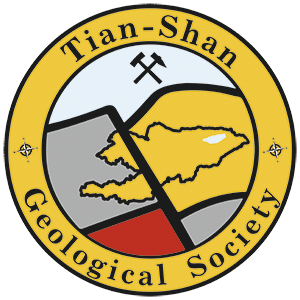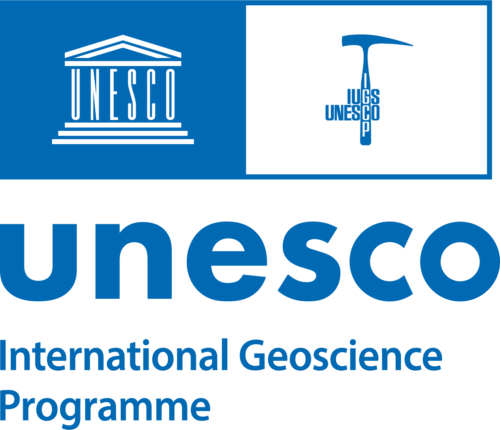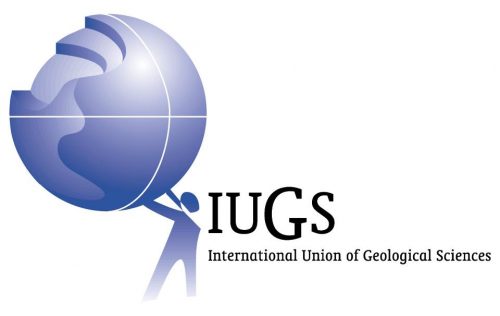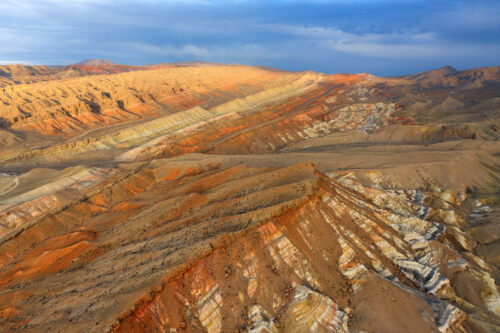Geotourism as part of scientific tourism.
Geotourism allows you to clearly combine knowledge with health improvement.
If ecotourism relies primarily on biodiversity, then geotourism is based on the geodiversity of geological structures (faults, folds, stratifications, layers), minerals, rocks, fossils and landforms.
There is an obvious, but not yet sufficiently studied, landscape connection between geodiversity and biodiversity. Therefore, an equally close connection and overlap is found between ecotourism and geotourism. Together they form the basis of a more holistic understanding of the environment.
Geotourism is not just a type of ecological tourism; it is a whole direction that is not necessarily associated with tourists visiting geological natural monuments; it is an appeal to the unique culture and original history of the places that the tourist visits. Each site has its own unique history, evolutionary origins, and scientific and educational significance.
Geotourism strives not to harm the environment and encourages people to enjoy the authenticity of places.
Geotourism in itself carries a certain humanitarian mission – “today there are many beautiful places in the world that are under threat of extinction. Geotourism contributes to the revival of not only the flora and fauna of these territories, but also the restoration of the culture and traditions of the local population.”
Among the tenets of geotourism is respect for the local population. If tourists visit a particular holiday destination because of its uniqueness, the local government has an incentive to preserve this uniqueness of the place.
Moreover, geotourism actually contributes to the restoration of historical regions and even helps the restoration and prosperity of many local traditions.
The main goal of geotourism
The main goal of geotourism is education. The educational role of geotourism is to replenish and expand the knowledge of wide and varied categories of people in the field of the evolution of the Earth as a planet – its lithosphere, hydrosphere, atmosphere and biosphere. This is necessary to instill in the younger generation a sense of respect for the environment.
From the point of view of geology and economics, geotourism can be interpreted as a specific method of subsoil use, in which the subsoil itself and its resources remain untouched, only their information and aesthetic attributes are used.
Therefore, the development of geotourism also implies the development of geoparks.
Geotourism is designed to arouse interest in studying the Earth, promotes a healthy lifestyle and physical activity.
But at the same time, learning geotourism requires many special skills; a geotourist must be not only smart, but also very erudite, not only inquisitive, but also to some extent fearless. Geotourists are discoverers. And the most important thing is that anyone can become one!
Source: https://dzen.ru/a/YHbU8FJCnwDJWTH8?experiment=948515



